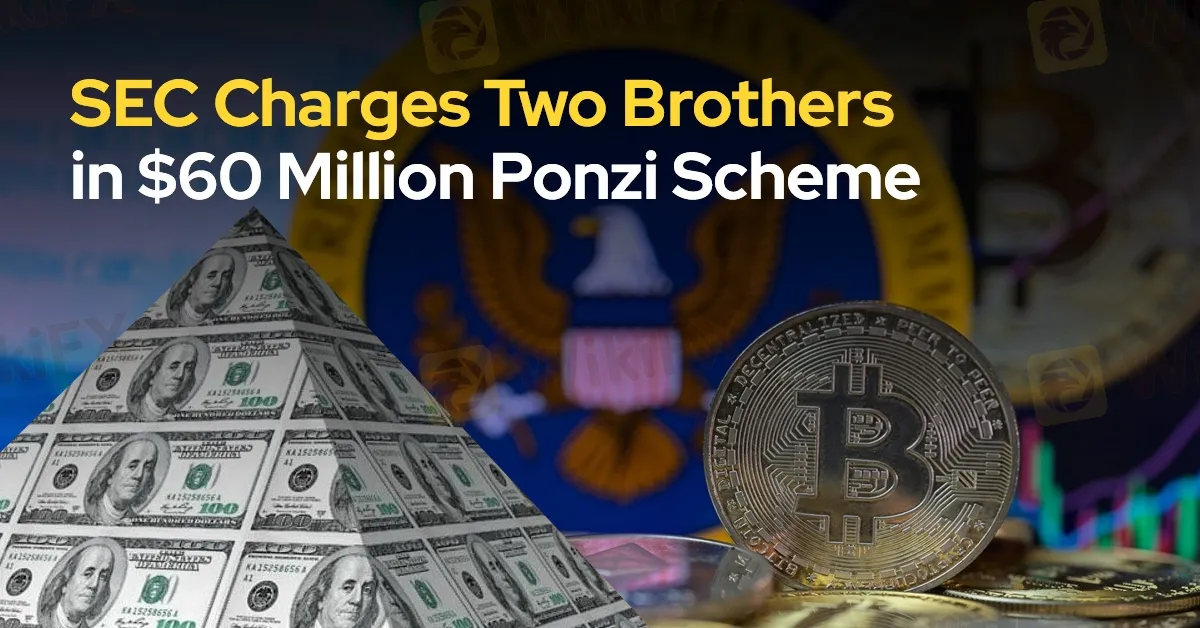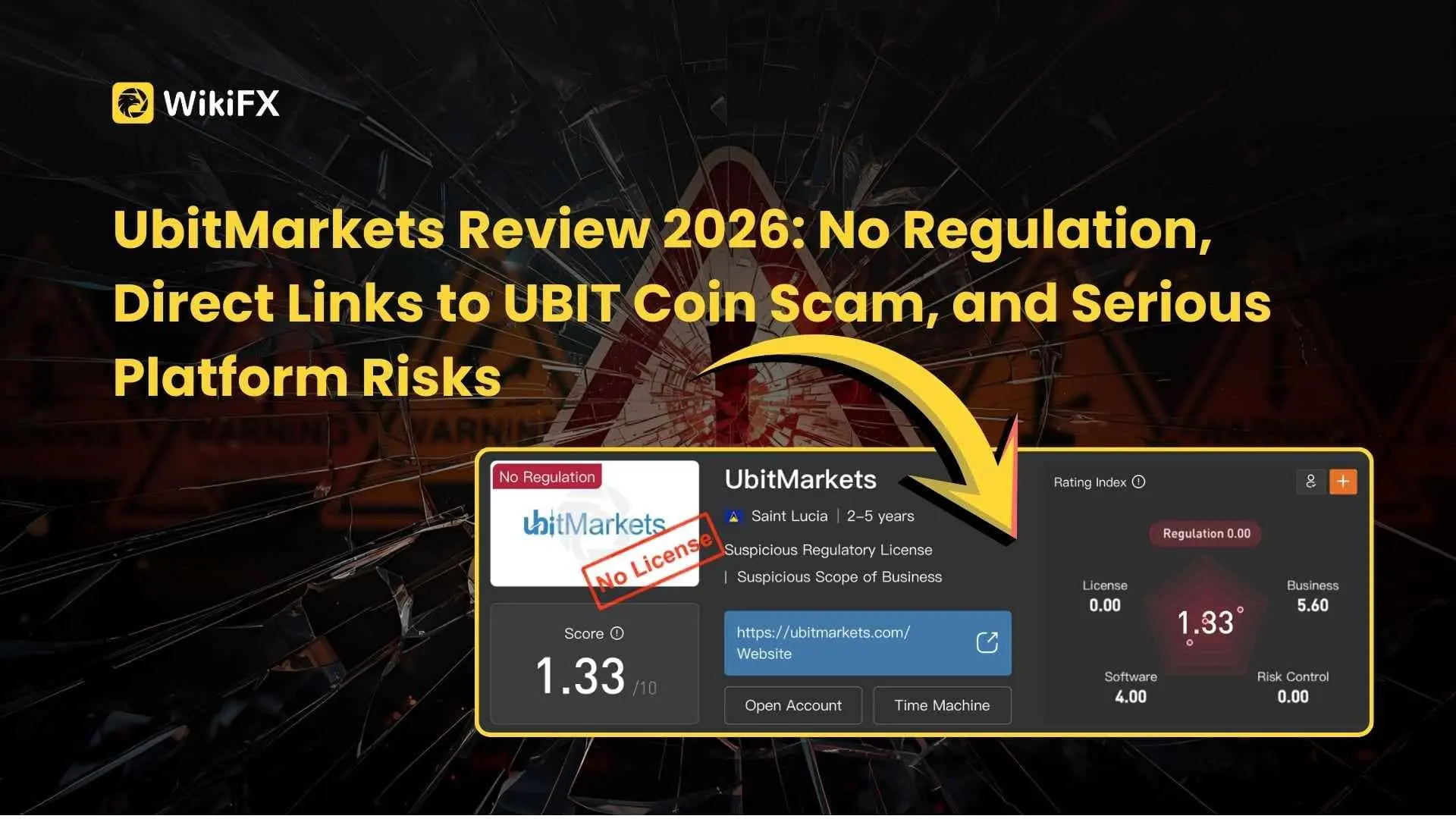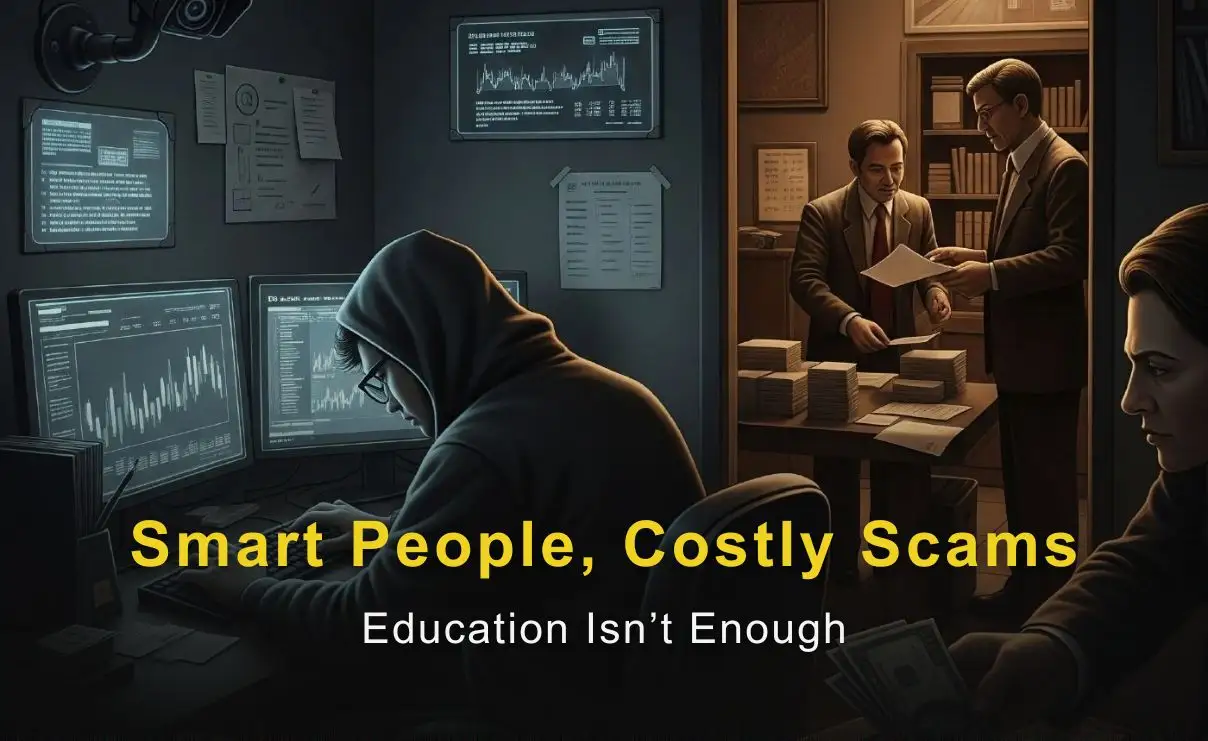JPMorgan CFO Sounds Alarm on Risky Stablecoin Yields
JPMorgan CFO warns high-return stablecoins could endanger financial stability as global regulators move toward tighter digital asset rules.
简体中文
繁體中文
English
Pусский
日本語
ภาษาไทย
Tiếng Việt
Bahasa Indonesia
Español
हिन्दी
Filippiiniläinen
Français
Deutsch
Português
Türkçe
한국어
العربية
Abstract:The U.S. Securities and Exchange Commission (SEC) has taken decisive legal action against Jonathan Adam and Tanner Adam, accusing the two brothers of orchestrating a $60 million Ponzi scheme.

The U.S. Securities and Exchange Commission (SEC) has taken decisive legal action against Jonathan Adam and Tanner Adam, accusing the two brothers of orchestrating a $60 million Ponzi scheme. This alleged scheme, which has been in operation since January 2023, affected over 80 investors nationwide. In response to these allegations, the SEC successfully obtained emergency asset freezes against the Adams and their related entities, GCZ Global LLC and Triten Financial Group LLC, to prevent further fraudulent activities.
According to the SECs investigation, the Adams enticed investors with the promise of lucrative monthly returns of up to 13.5%. They presented a seemingly sophisticated investment strategy, claiming that a proprietary “bot” on a cryptocurrency trading platform was identifying arbitrage opportunities, leading to substantial profits. The brothers also described a lending mechanism that would use smart contracts to fund “flash loans” for these trades, reassuring investors that their funds were secure barring a global financial crisis.
However, the SEC found that the lending pool described to investors did not exist. Instead, millions of dollars collected from investors were allegedly funnelled to make Ponzi-like payments to earlier investors, giving the appearance of success. The funds were also used to support the brothers' extravagant lifestyles, including the down payment and construction of a $30 million condominium in Miami, and the purchase of nearly $500,000 worth of vehicles such as cars, trucks, and recreational vehicles.
The SEC's complaint highlights that Jonathan Adam had previously been convicted on three counts of securities fraud, a fact that underscores the importance of due diligence by investors. The commission‘s investigation revealed that, contrary to the claims made by the Adams, the sophisticated trading strategy and the secure investment environment they promised were fictitious. The alleged scheme preyed on investors’ trust, particularly within the rapidly evolving and often misunderstood cryptocurrency market.
This case is part of a broader initiative by the SEC to clamp down on fraudulent activities in the cryptocurrency sector. Earlier this month, the SEC also charged NovaTech Ltd. founders Cynthia and Eddy Petion, along with several promoters, for running a cryptocurrency pyramid scheme that raised more than $650 million. This scheme affected over 200,000 investors worldwide, with a significant number from the Haitian-American community.

The SEC filed its complaint against the Petions and their associates in the U.S. District Court for the Southern District of Florida, alleging that the funds raised were primarily used to pay off existing investors and cover personal expenses, rather than being invested as promised. The collapse of NovaTech in May 2023 left most investors unable to withdraw their funds, leading to further legal actions by both the SEC and the New York Attorney General.
Justin C. Jeffries, Associate Director of Enforcement in the SECs Atlanta Regional Office, emphasized the severity of the allegations against the Adams, stating that they not only promised high returns on a non-existent crypto investment but also used investor funds for personal luxury purchases. The SEC is seeking permanent injunctive relief, civil penalties, and the return of misappropriated funds as part of its case against the brothers, reaffirming its commitment to protecting investors and holding those involved in fraudulent schemes accountable.

Disclaimer:
The views in this article only represent the author's personal views, and do not constitute investment advice on this platform. This platform does not guarantee the accuracy, completeness and timeliness of the information in the article, and will not be liable for any loss caused by the use of or reliance on the information in the article.

JPMorgan CFO warns high-return stablecoins could endanger financial stability as global regulators move toward tighter digital asset rules.

UbitMarkets review reveals no valid license and direct links to a fraudulent project, raising serious concerns over investor fund safety.

Is withdrawing capital from PaxForex too difficult for traders? Has the China-based forex broker made you trade gold, silver and cryptocurrencies despite not having an office in the United States? Do you find its operational style suspicious? You are not alone! Several traders have expressed these concerns when trading with the broker. In this PaxForex review article, we have exposed the broker through user comments made on several review platforms. Take a look!

Sundramoorthy said investment scams continued to ensnare victims from all walks of life, including highly educated professionals accustomed to analytical and evidence-based thinking
